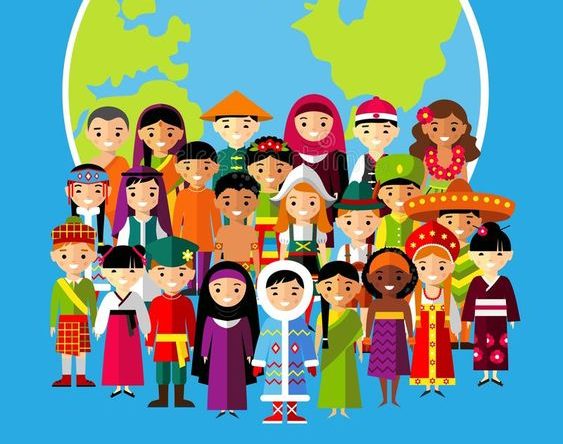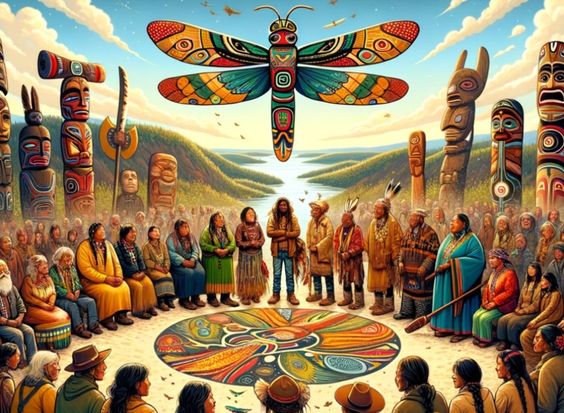What is Cultural Day
Cultural Day is a celebration of diversity and heritage that is observed in various parts of the world. It serves as a platform for communities to come together, celebrate their traditions, and promote understanding among different cultures. In this article, we delve into the significance of Cultural Day, its history, celebrations, impact, and future prospects.
Cultural Day
Cultural Day is an occasion dedicated to the celebration of various cultural traditions, customs, and heritage. It provides an opportunity for people from different backgrounds to showcase their unique identities and promote cultural exchange.
Historical Background
The concept of Cultural Day can be traced back to ancient civilizations where communities would gather to honor their cultural practices and rituals. Over time, Cultural Day evolved into a global phenomenon, with countries around the world organizing events to celebrate diversity. Also, read about What is Genocide Day
Significance of Cultural Day
Cultural Day plays a crucial role in fostering mutual respect, tolerance, and understanding among individuals from diverse backgrounds. It promotes the idea that cultural differences should be embraced rather than marginalized.
Celebration and Festivities
Cultural Day celebrations vary from one region to another but often include music, dance, food festivals, traditional attire showcases, and art exhibitions. These festivities not only entertain but also educate attendees about different cultures.
Cultural Day Around the World
Countries worldwide observe Cultural Day in various forms. From India’s Independence Day celebrations showcasing its rich cultural heritage to Brazil’s Carnival, which is a vibrant display of music and dance, Cultural Day is celebrated with enthusiasm globally.

Importance of Cultural Diversity
Cultural diversity enriches societies by providing a wide range of perspectives, traditions, and values. It fosters creativity, innovation, and social cohesion, making it essential for sustainable development.
Impact on Society
Cultural Day celebrations promote social inclusion and cohesion by bringing people together irrespective of their backgrounds. They create a sense of belonging and pride in one’s cultural identity while encouraging dialogue and mutual respect. Discover more about What is domestic assault
Cultural Day in Schools and Universities
Educational institutions often organize Cultural Day events to expose students to different cultures and promote intercultural understanding. These events feature activities such as multicultural performances, food tasting, and cultural workshops.
Promoting Unity and Understanding
Cultural Day fosters unity by emphasizing shared humanity and values across cultures. It encourages people to transcend cultural barriers and build meaningful connections based on respect and empathy.
Preserving Cultural Heritage
Cultural Day raises awareness about the importance of preserving cultural heritage and traditions. It encourages communities to safeguard their cultural identity for future generations and combat cultural erosion.
Cultural Exchange Programs
Cultural Day initiatives often include exchange programs that allow individuals to experience different cultures firsthand. These programs facilitate cross-cultural learning and foster international cooperation and diplomacy.
Challenges and Controversies
Despite its positive aspects, Cultural Day may face challenges such as cultural appropriation, stereotyping, and exclusion. It is essential to address these issues sensitively and promote inclusive practices.
Cultural Day Celebrations
As the world becomes increasingly interconnected, Cultural Day celebrations are expected to evolve, incorporating new technologies and innovative approaches to promote cultural exchange and understanding.

Tips for Hosting Cultural Day Events
- Start planning early to ensure a well-organized event.
- Collaborate with cultural organizations and community groups.
- Incorporate interactive activities to engage attendees.
- Provide opportunities for cultural exchange and dialogue.
- Respect cultural sensitivities and traditions.
Conclusion
Cultural Day serves as a reminder of the rich tapestry of human civilization and the importance of embracing diversity. By celebrating our differences and fostering mutual respect, we can build a more inclusive and harmonious world.
FAQs
What is the purpose of Cultural Day?
Cultural Day aims to celebrate diversity, promote understanding among different cultures, and foster social cohesion.
How can individuals participate in Cultural Day celebrations?
Individuals can participate by attending cultural events, showcasing their heritage, and engaging in cross-cultural activities.
Why is cultural diversity important?
Cultural diversity enriches societies by providing a variety of perspectives, traditions, and values, fostering creativity and social cohesion.
What are some common activities during Cultural Day celebrations?
Common activities include music and dance performances, food festivals, traditional attire showcases, and art exhibitions.
How can Cultural Day events contribute to community development?
Cultural Day events promote social inclusion, dialogue, and mutual respect, contributing to community cohesion and development.
